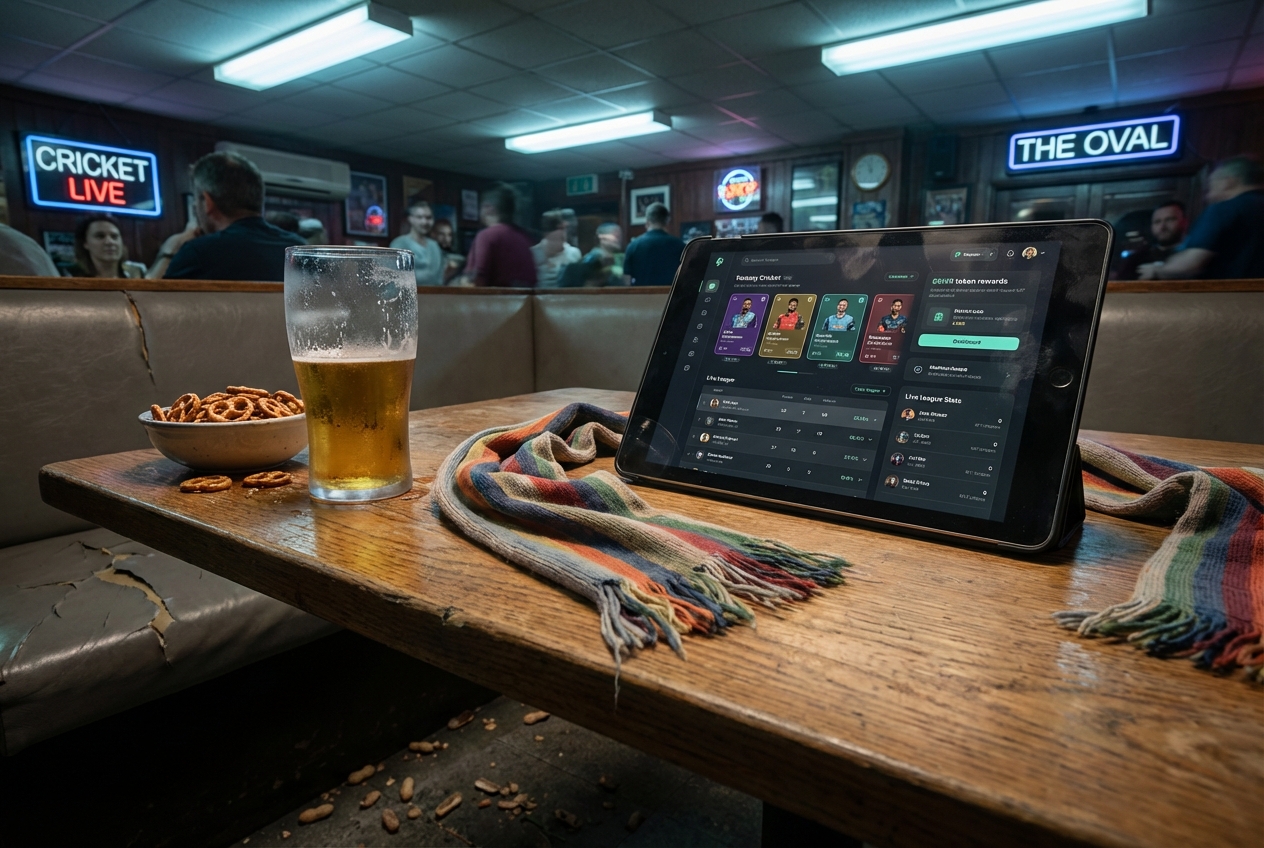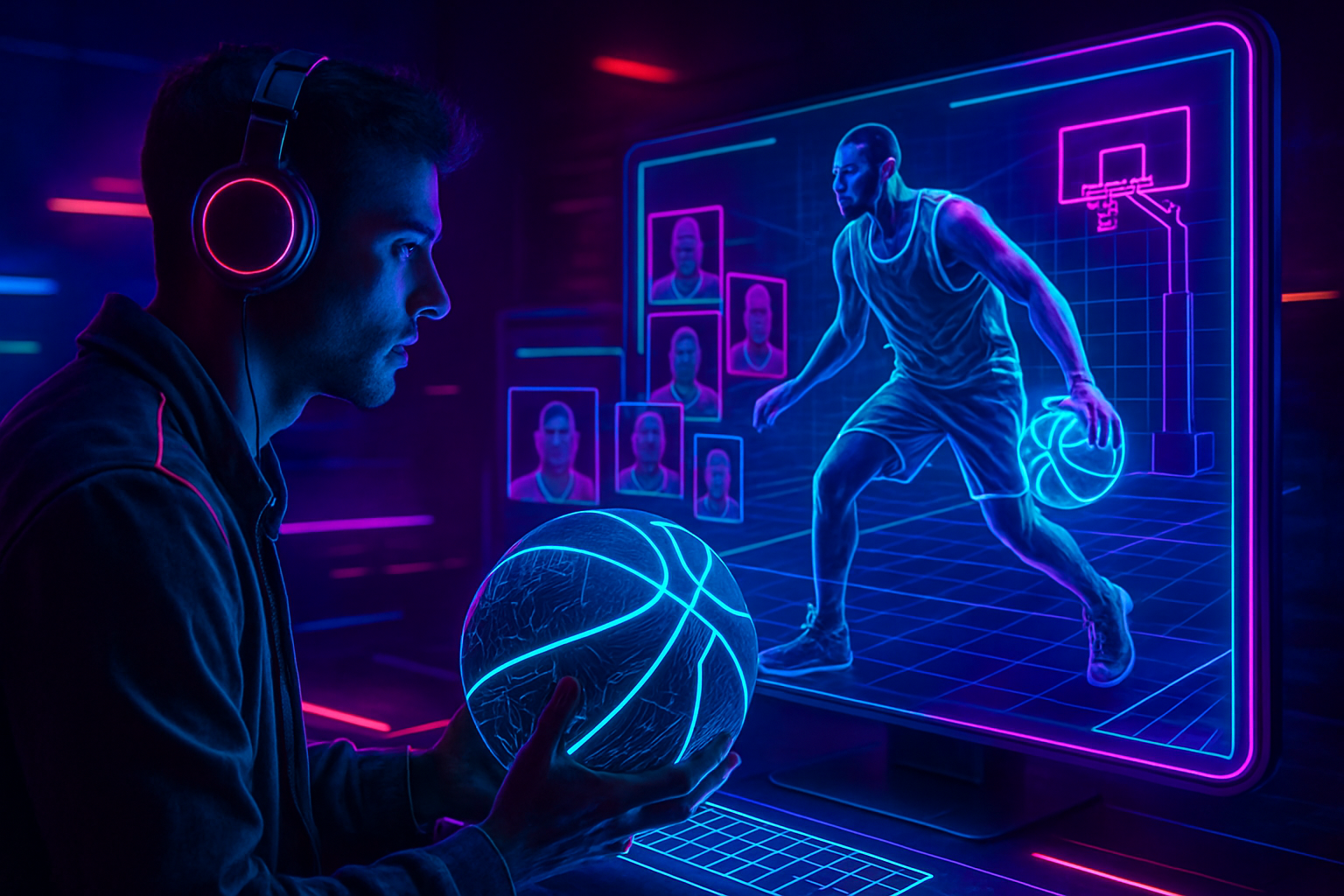
NBA fans are entering a new era of fantasy sports, one defined by blockchain technology and true digital ownership. The rise of on-chain fantasy basketball is fundamentally changing how enthusiasts interact with the game, their favorite players, and each other. This shift is not just about technology – it’s about giving fans unprecedented control, transparency, and engagement in the world of NBA fandom.
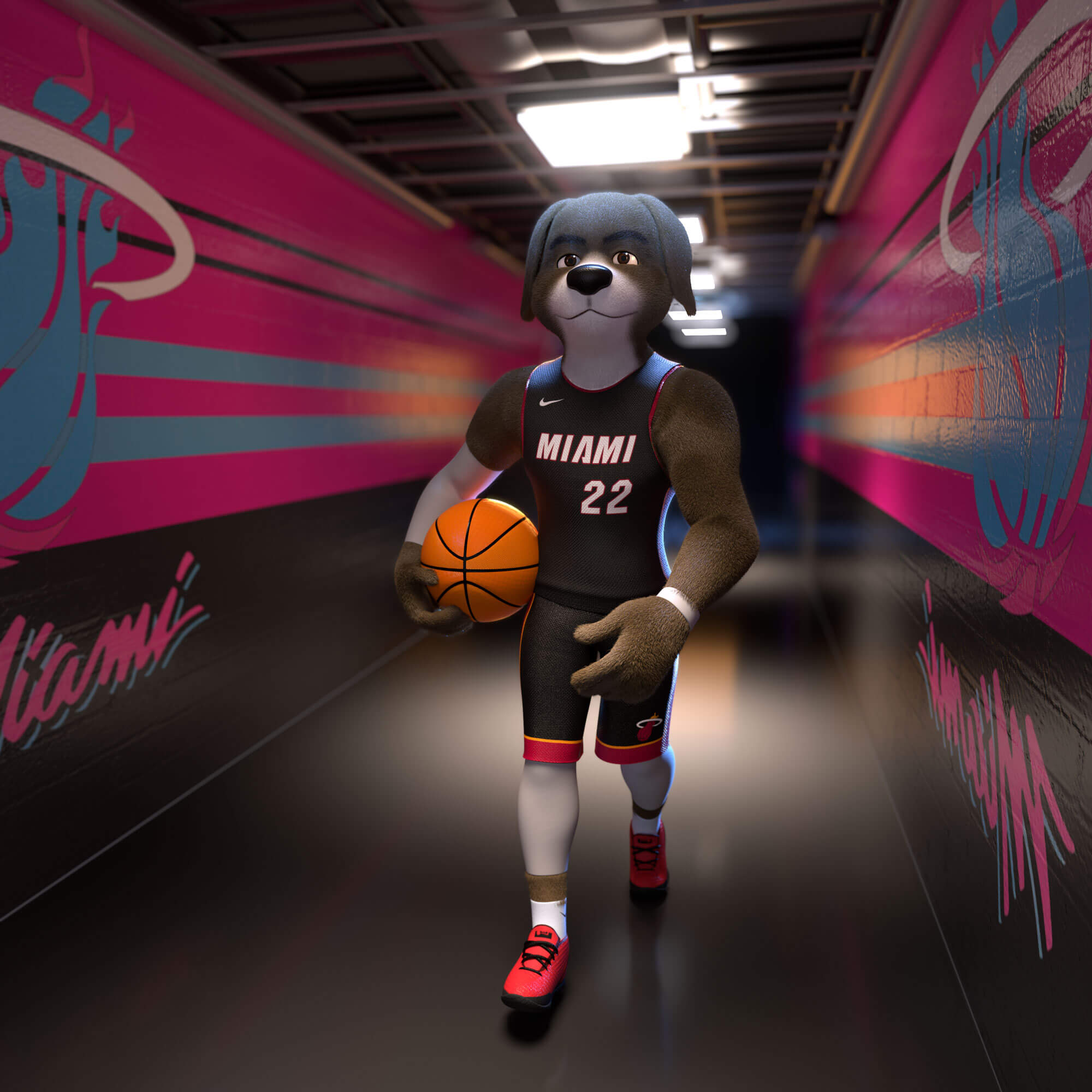
From Draft Sheets to Digital Assets: The Evolution of Fantasy Basketball
The traditional fantasy basketball experience has always been about stats, strategy, and friendly competition. But the integration of blockchain has elevated the game to new heights. Platforms like Sorare NBA, Playible, and Tristan Thompson’s upcoming Basketball.fun are leading this transformation by introducing NFT-based player cards that represent real NBA athletes. These digital collectibles aren’t just cosmetic – they’re programmable assets that can be traded, sold, or used to compete for rewards based on live NBA performance.
This model introduces a powerful concept: true ownership. When you own a LeBron James NFT on Sorare or Playible, you hold a unique asset with provable scarcity and value. Only those with specific player NFTs can include them in lineups, adding strategic depth and a sense of exclusivity previously missing from fantasy sports.
Key Advantages of On-Chain Fantasy Basketball
-
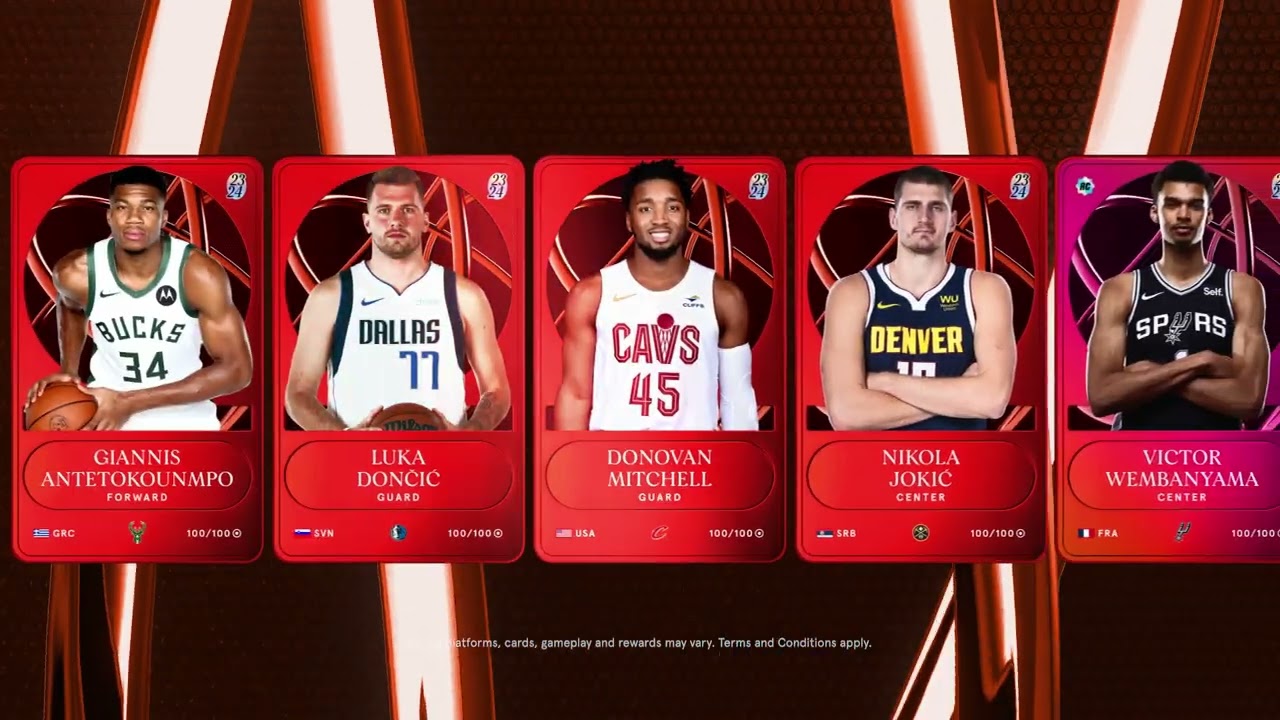
True Digital Ownership & Scarcity: Platforms like Sorare NBA and Playible enable fans to own NFT-based player cards, introducing verifiable scarcity and giving collectors real value and control over their assets.
-
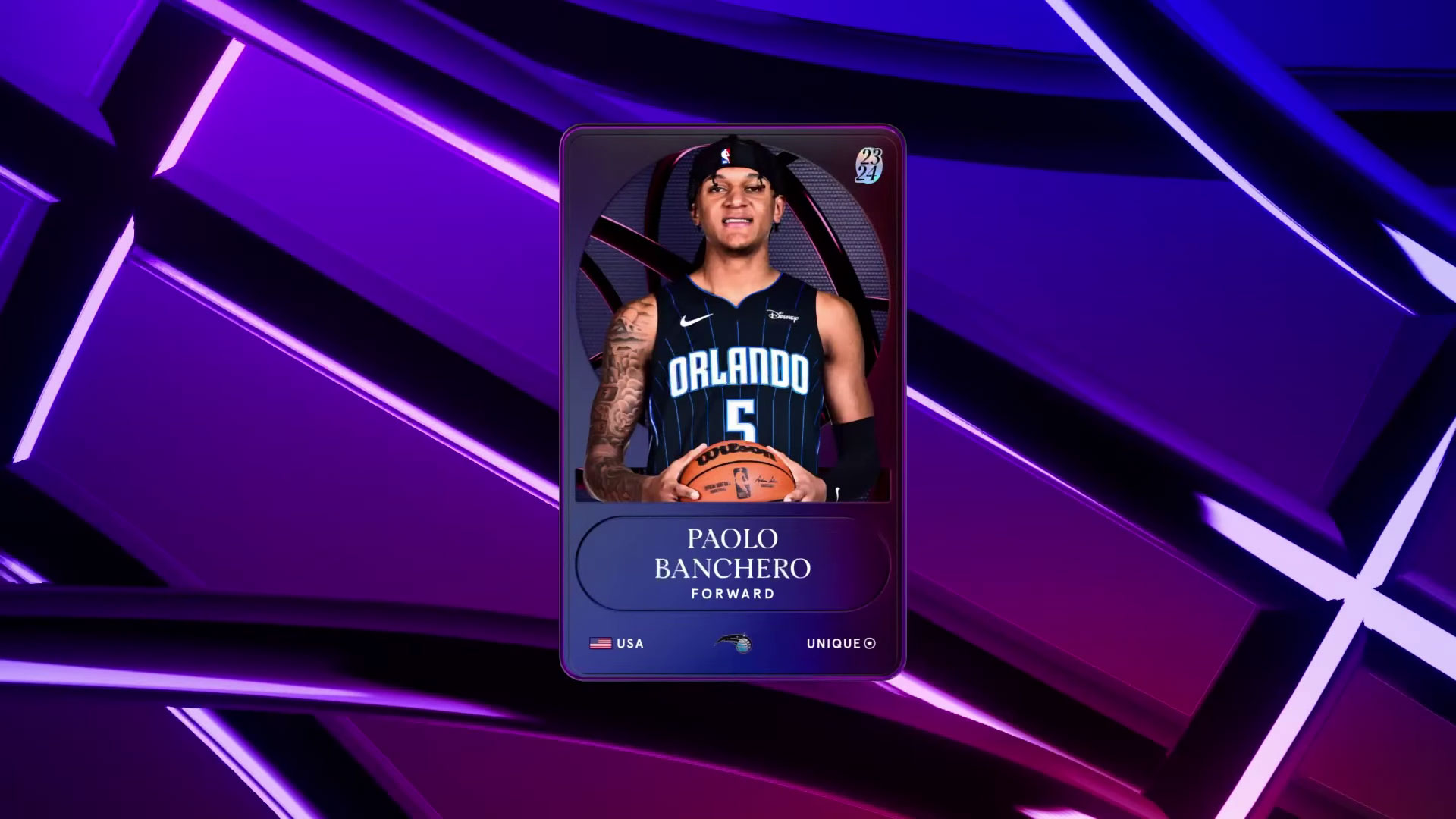
Enhanced Interactivity & Trading: On-chain fantasy basketball allows users to trade, buy, and sell player NFTs in real time, creating a dynamic marketplace and adding a strategic layer to team management.
-
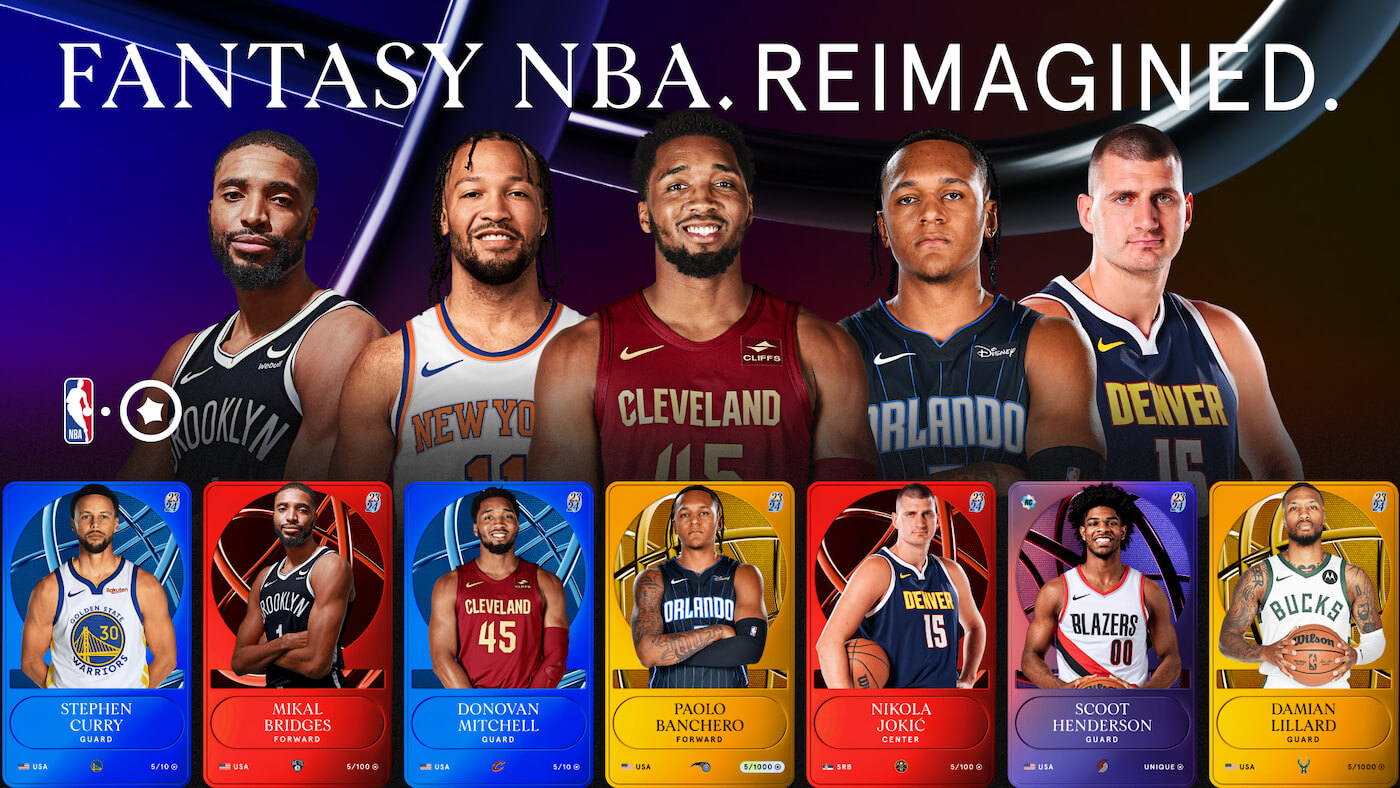
Real-World Rewards & Experiences: Competing on platforms such as Sorare NBA and Playible can earn fans tangible rewards—including cash, NBA game tickets, and exclusive experiences—bridging the gap between virtual play and real-life benefits.
-
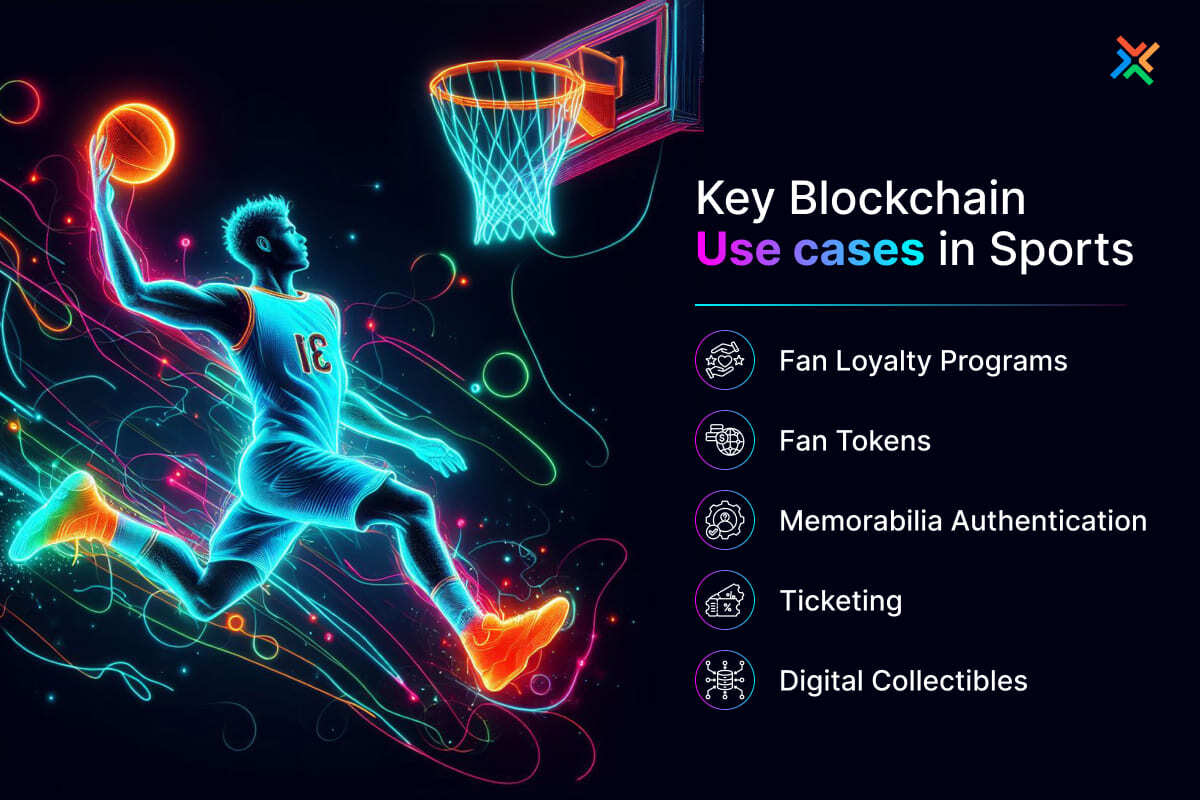
Transparency & Security: Blockchain technology ensures transparent gameplay, immutable scoring, and secure transactions, giving fans confidence in the fairness and reliability of the fantasy experience.
-
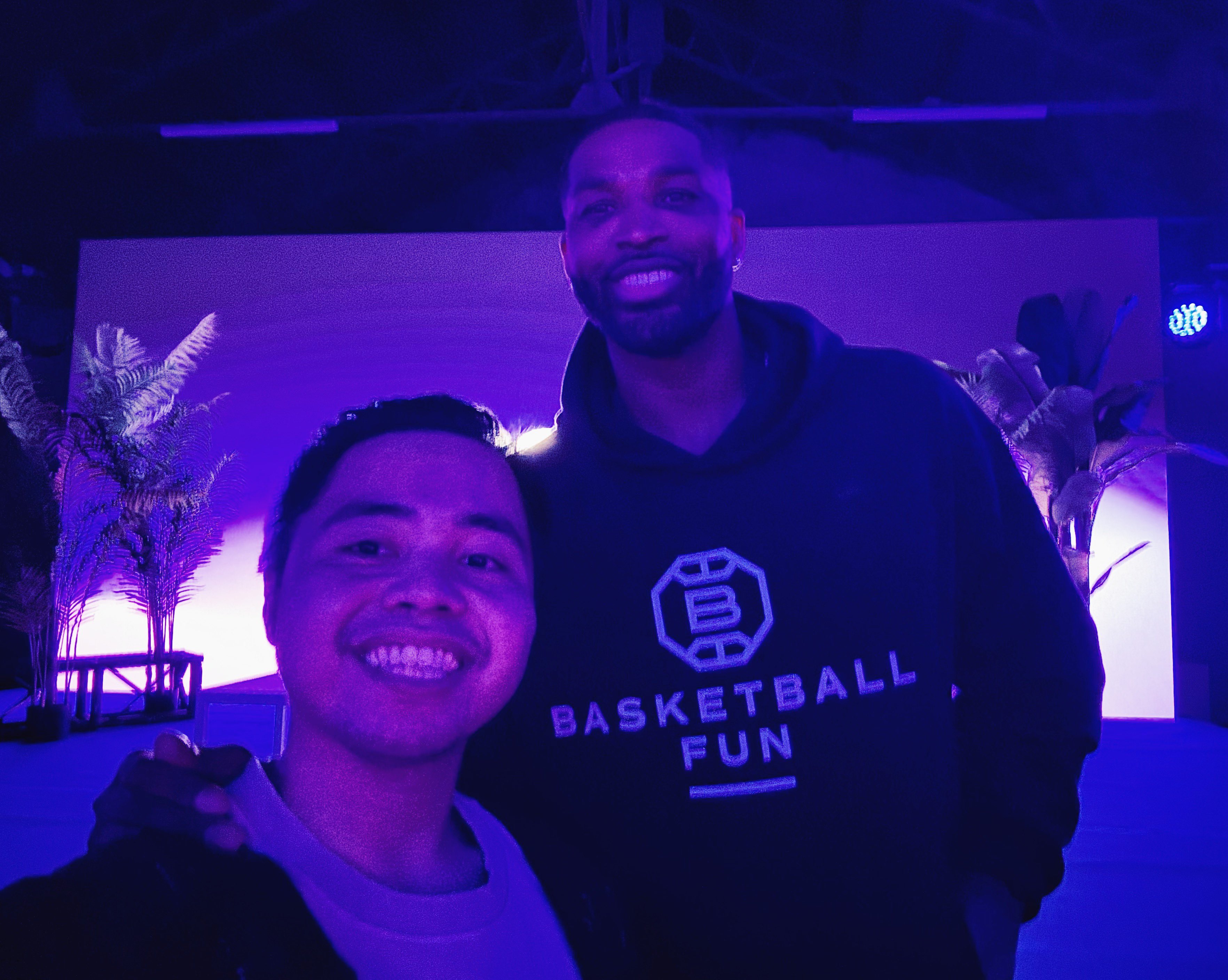
Innovative Fan Engagement: New initiatives like Basketball.fun by Tristan Thompson and Somnia are gamifying fan interaction, letting users assemble tokenized rosters and earn rewards based on real-time player performance and sentiment.
The Tristan Thompson Effect: Athlete-Led Innovation Hits Web3
The 2025-26 season marks a watershed moment as NBA champion Tristan Thompson launches Basketball. fun in partnership with Somnia. Thompson’s platform aims to blur the line between fan participation and professional analysis by tokenizing every player in the league. Fans build rosters using these tokens and earn rewards tied not only to statistical output but also real-time sentiment shifts – a nod to the dynamic nature of both markets and sports culture.
Unlike legacy fantasy platforms where engagement peaks at lineup lock, on-chain systems allow continuous interaction. Player valuations update live as games unfold, empowering users to trade or adjust their portfolios mid-season or even mid-game. This mirrors the volatility and excitement found in decentralized markets while rooting everything in verifiable data streams from official NBA sources.
NFT Scarcity Meets Real-World Rewards
The most compelling feature of blockchain NBA fantasy is its reward structure. Competing isn’t just for bragging rights anymore; it’s for tangible prizes like cash payouts, exclusive merchandise, VIP game tickets, or even rare NFTs that unlock special experiences within the ecosystem. Sorare’s twice-weekly competitions exemplify this model by granting top performers access to both digital and real-world rewards.
This blend of virtual engagement and actual value is deepening fan loyalty and broadening appeal beyond hardcore statisticians. NFT scarcity means not everyone can field an all-star team every week; instead, users must strategize around availability and market prices for player tokens. This scarcity drives active trading markets where values fluctuate based on injuries, hot streaks, or blockbuster trades – all tracked transparently via blockchain ledgers.
Community-driven innovation is also at the heart of this movement. As platforms like Playible and Basketball. fun gain traction, user feedback directly shapes game mechanics, reward pools, and even NFT artwork. This participatory ethos stands in stark contrast to the closed systems of Web2 fantasy sports, where rules and rewards are set from above. Here, fans vote on new features, propose upgrades, and even co-create digital assets that become part of the gaming experience.
Transparency is another game-changer. Every transaction, from trading a rookie’s NFT to claiming a contest prize, is recorded on-chain for anyone to audit. This eliminates disputes over scoring or payouts and ensures that every player competes on a level playing field. Blockchain’s immutability means your fantasy performance and digital collection are verifiable for seasons to come.
How On-Chain Sports Engagement Redefines Fandom
On-chain fantasy basketball isn’t just about collecting NFTs or winning crypto, it’s about forging deeper connections with the NBA itself. Fans aren’t passive spectators; they become active participants in a living ecosystem where their decisions have real impact. Whether it’s speculating on an under-the-radar rookie or trading tokens during a playoff run, engagement is more immediate and meaningful.
This new model also opens doors for decentralized sports betting. By leveraging smart contracts and tokenized assets, platforms can offer peer-to-peer prediction markets that are provably fair and borderless, no middlemen required. This aligns with broader trends in crypto betting, where sites now accept Bitcoin, Ethereum, USDT, and other tokens for wagering on NBA action (see BitEdge’s 2025 guide). The fusion of fantasy play and decentralized betting could ultimately create a seamless spectrum of engagement for all types of fans.
Top Blockchain NBA Fantasy Platforms for 2025
-
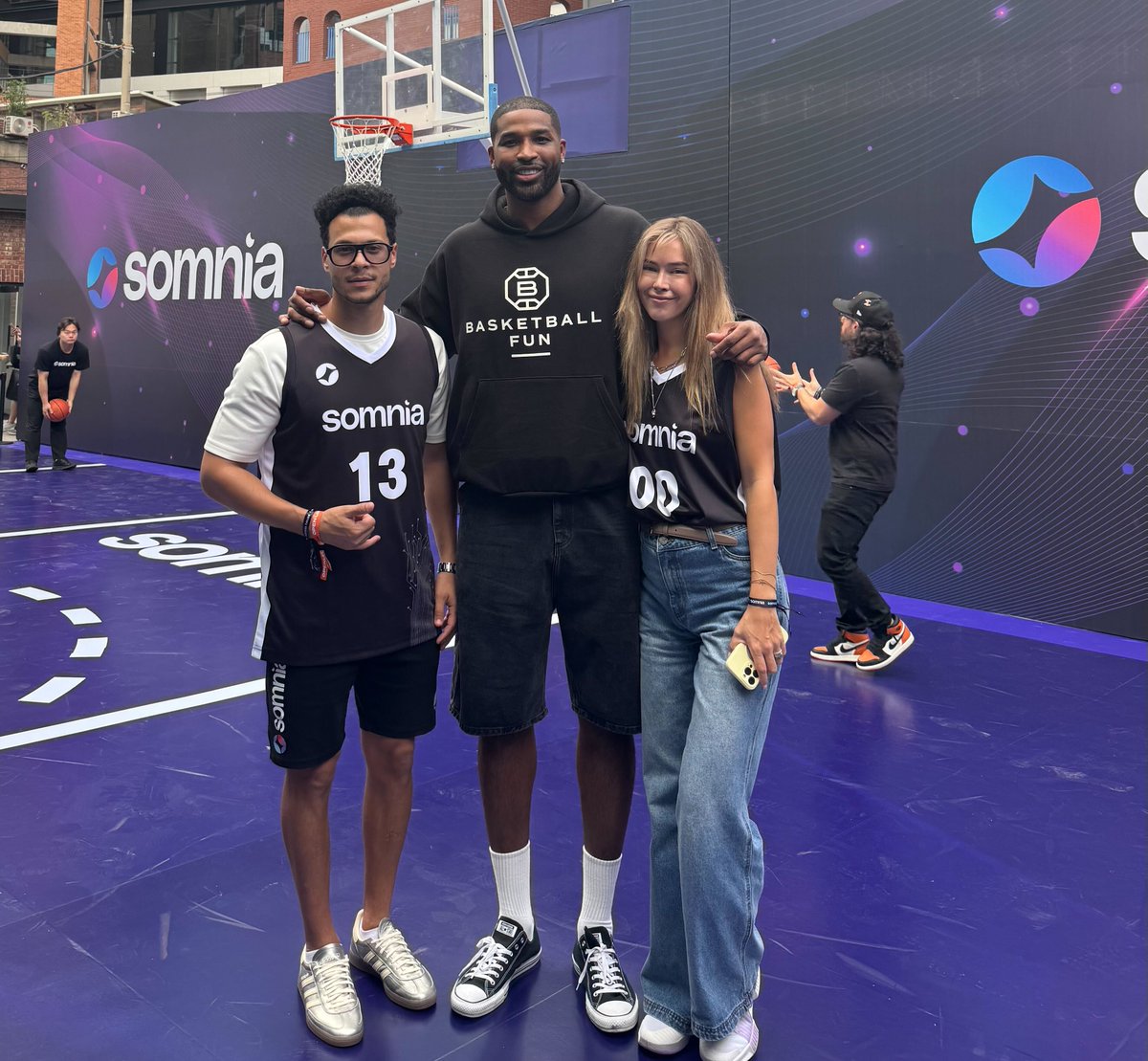
Basketball.fun – NBA champion Tristan Thompson’s Basketball.fun is launching in October 2025. Built on Somnia, this Web3 platform lets fans assemble on-chain rosters, tokenize NBA players, and earn rewards based on real-time performance and sentiment. Its focus on gamified engagement and dynamic player valuation sets it apart from traditional fantasy sports.
-

Sorare NBA – Sorare partnered with the NBA and NBPA to offer an officially licensed, NFT-based fantasy basketball game. Users collect, trade, and manage digital player cards, entering lineups in free, twice-weekly competitions to win cash, tickets, and exclusive experiences. Scarcity and true ownership of cards add a strategic layer for fans.
-
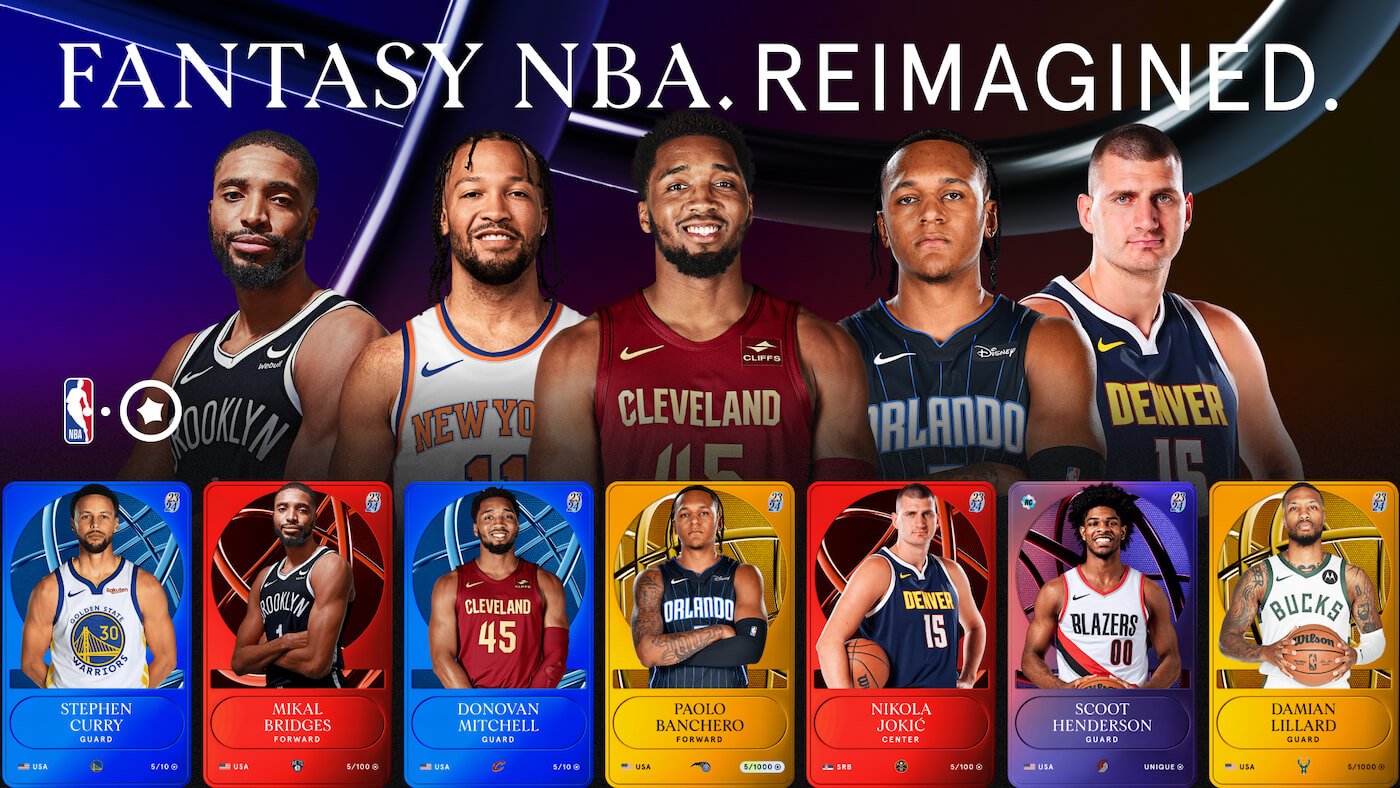
Playible – Playible delivers a blockchain-powered fantasy basketball experience where entry requires ownership of Athlete NFTs. Weekly contests challenge users to build lineups from their NFT collections, introducing scarcity, strategy, and real digital asset rewards into the fantasy sports landscape.
What’s Next for Blockchain NBA Fantasy?
The pace of innovation shows no signs of slowing down as we approach the 2025-26 season. With Tristan Thompson’s Basketball. fun set to debut alongside established players like Sorare and Playible, competition will spur better UX, bigger prize pools, and more creative gameplay modes. Expect integrations with live broadcasts, AR/VR experiences tied to NFT ownership, and partnerships that bring athletes even closer to their digital fanbases.
For NBA fans ready to embrace this next chapter, where data meets ownership meets community, the future is bright. On-chain fantasy basketball isn’t just a new way to play; it’s a new way to belong.




